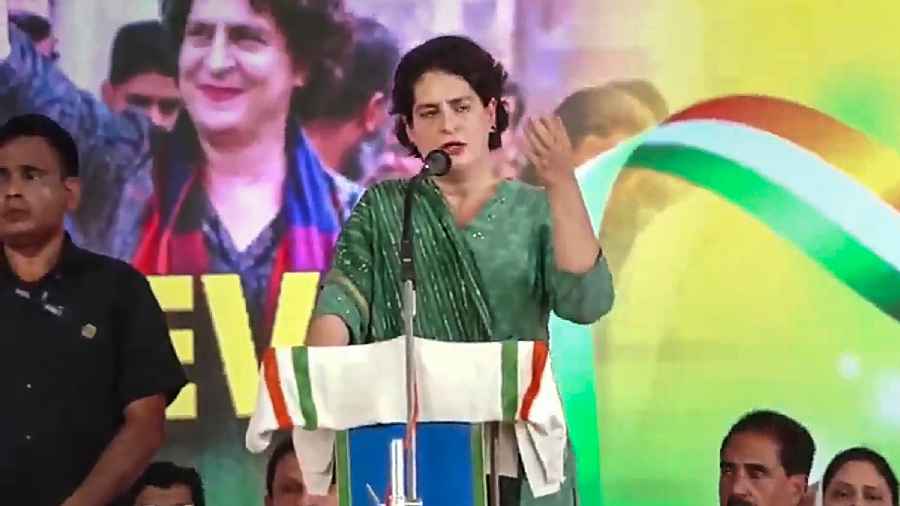India will soon officially be the world’s most populous country but its claim to be the largest democracy “is wearing thin”, says a leading article in the Financial Times, the London-based business daily that is considered a newspaper of record by reputation.
“For India’s sake, western leaders need to be more outspoken in condemning the Indian government’s attacks on civil society and free speech,” adds the leading article, which gives a newspaper’s opinion on a particular topic. It concludes by saying: “If Modi fails to reverse course, his vision of India as a superpower will remain only a fantasy.”
The article is titled “India’s democratic backsliding: Decline of political freedoms under Narendra Modi is tragic for the country and the world”.
The FT sounded a warning that foreign investors — many of whom read the business newspaper — might be discouraged by current political trends in India: “The West sees India as a democratic and economic counterweight to China. But disillusionment with Xi Jinping has prompted western leaders to turn a lamentably blind eye to Modi’s actions. On a visit last week, US commerce secretary Gina Raimondo gushed that ‘he is the most popular world leader for a reason’. Businesses and investors see opportunities in India for growth and diversification away from China. But the weakening rule of law will make them think twice.”
The FT editorial referred to Rahul Gandhi’s predicament and said he “could face a two-year jail sentence and disqualification from next year’s election. Gandhi’s legal troubles are one of the most extreme examples of widespread democratic decline in Modi’s India. That is bad news not only for its 1.4bn people, but also for the world.”
The newspaper contended: “With democratic values under pressure globally and economic fragmentation afoot, India’s vibrant, tech-savvy population and rapidly growing economy are precious assets. A robust, inclusive and truly democratic India that might serve as a counterweight to China and as a global role model matters for everyone. But it is ever clearer that Modi’s Bharatiya Janata party is ready to use all tools at its disposal to bend India’s democratic institutions to its own ends.”
It went on: “Since the BJP defeated Gandhi’s Indian National Congress party in 2014 on a Hindu nationalist platform, Modi’s backers have stifled free expression across media, civil society, and politics, and have stoked inter-religious tensions with India’s Muslim minority. Fear of speaking out against Modi is common in public life. Freedom House, a US NGO, has downgraded the country from ‘free’ in 2021 to ‘partly free’ now while the Sweden-based V-Dem Institute considers India an ‘electoral autocracy’, alongside the likes of Russia and Turkey.”
The editorial said that “journalists deemed critical of the BJP frequently experience online harassment and sometimes legal repercussions. The government exerts enormous influence on media outlets through its ties with owners, and editors are pressured to toe the government line. Foreign mediaare not immune. In February tax inspectors raided the BBC, shortly after the broadcaster aired a documentary critical of Modi. Academics, think tanks and foreign non-profit groups are under pressure too. Just this week authorities carried out new searches at Oxfam India over alleged foreign funding violations.”
It alleged: “The undermining of political opponents also goes beyond the Congress party. A senior figure in the Aam Aadmi party, India’s second-biggest opposition party, is in detention over alleged excise fraud and its leader and Delhi’s chief minister Arvind Kejriwal was also questioned on Sunday.
“With the crackdown on dissent, India is damaging its own prospects. The country needs robust and open public debate to help it address challenges that are holding it back from reaching its full potential. These include chronic unemployment, high illiteracy, and crony capitalism. A recent investigation by US short-selling group Hindenburg Research into companies owned by Gautam Adani, a tycoon with ties to Modi, has also raised important questions.”
The FT leader underlined that “India’s democracy has never been perfect, but it has achieved impressive results.”











